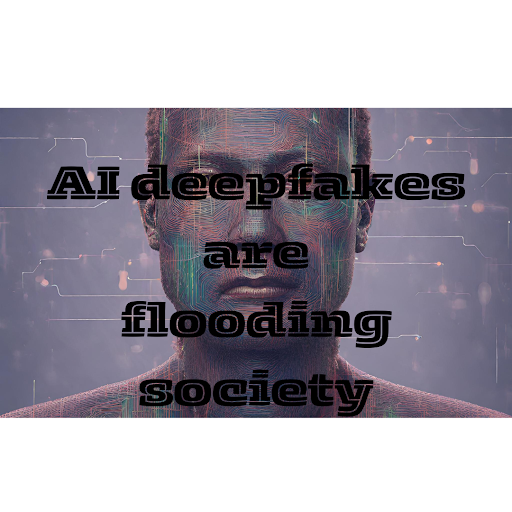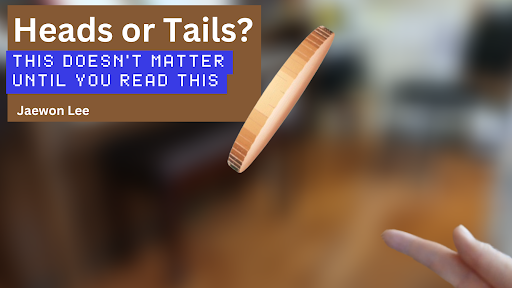In recent years, deepfake technology has been used to make photos, videos, and advertisements. Although this may seem like a technological advancement, deepfakes have had negative impacts on society, such as mimicking media personalities and generating fake news. Deepfakes have raised significant concerns in today’s society, causing us to ask ourselves: “Is this real or fake?”
A deepfake is a form of artificial intelligence (AI) algorithms that is used to create hyper-realistic manipulated videos or images. While deepfakes were initially created to be used for entertainment purposes, they have unfortunately become an AI tool used to spread misinformation about anything or anyone.
According to Content Detector AI, “Deepfake fraud has been on the rise in North America. In the U.S., instances of deepfakes used for fraud increased from 0.2% to 2.6% between 2022 and Q1 2023. In Canada, the percentage rose from 0.1% to 4.6%.”
One of the more harmful aspects of deepfakes in our society is their potential to deceive and manipulate. Deepfakes exploit media consumers by convincing them with a hyper-realistic look and sound that the deepfaked image or video is real. In my experiences, I have been fooled by deepfakes many times from scam ads on YouTube or TikTok, believing it was real. For example, deepfakes are used to fool the public into believing their favorite celebrity is engaging in certain behaviors or endorsing certain products, all of which is false. According to Content Detector AI, experts expect social media to flood with about 500,000 videos and voice deepfakes in 2023. This is a big increase from previous years. In 2021, there were 14,678 deepfake videos online, which was double the number in 2018. Another instance is that earlier this year, Oprah Whinfrey and Piers Morgan had their likenesses used to advertise a controversial self-help course. With a presidential election this year, there is concern that AI will be used to impersonate candidates and mislead voters. Many states, including Michigan, have recently passed laws that require political campaigns to say which of their advertisements were created using AI. This is an important measure that should curb the negative effects and irresponsible use of AI.
Currently, deepfakes are perceived as very complicated technical enhancements that are used for evil purposes, but deepfake technology also has positive uses. Deepfake technology can be used to help create new ideas and realistic simulations for research purposes. It can protect people’s identities by masking voices and faces. Being able to detect deepfakes with disclosures by the creators will make the practice of using deepfake for creative works less deceptive. We can also advocate for more laws and regulations to ensure transparency that the positive uses of this technology outweigh the negative ones.









Jaewon • May 2, 2024 at 9:34 am
I guess we’ll have to do more “Are you a robot or human” checks in websites!